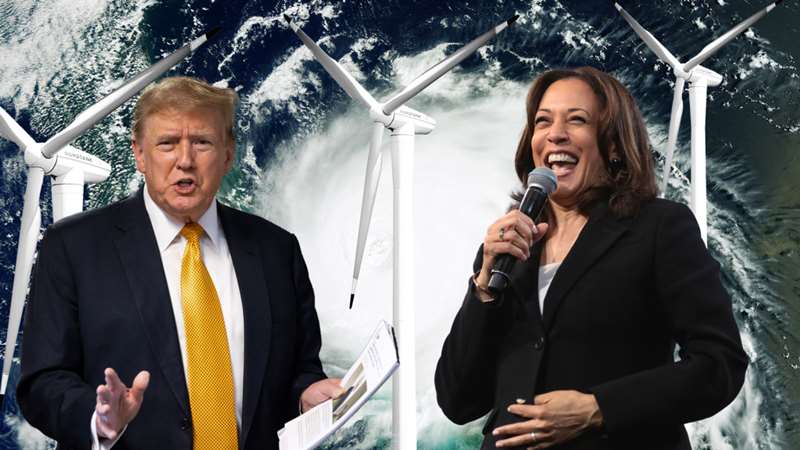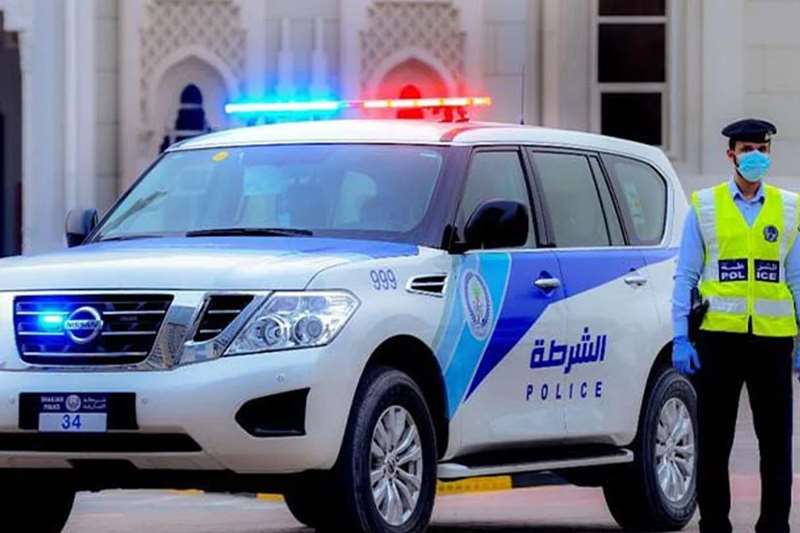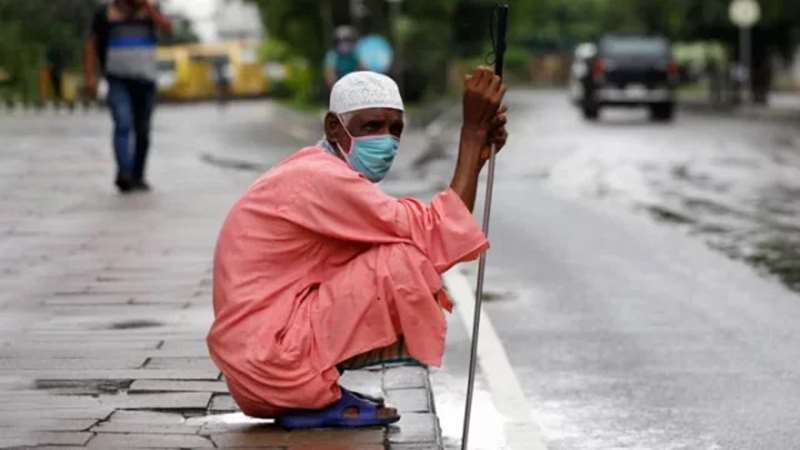Mamata sometimes for 'India', sometimes 'against'

Mamata Banerjee, the Chief Minister of West Bengal
Mamata Banerjee, the Chief Minister of West Bengal and leader of the Trinamool Congress party, has recently made several statements that have sparked speculation regarding her political alliances and intentions. This report aims to analyze Mamata Banerjee's recent comments, particularly regarding the India Alliance, her stance on supporting the government from outside, and the Trinamool Congress's position on the Citizenship Amendment Act (CAA).
Mamata's Comments on the India Alliance
Mamata Banerjee's comments on the India Alliance have generated intense speculation about her party's position and intentions. While addressing a public meeting in Chunchura, Mamata expressed her willingness to support the India Alliance from outside if it forms the government, indicating a strategic move against the BJP. However, her subsequent clarification affirmed her party's commitment to the alliance at the national level, despite the absence of an understanding with the Congress and the CPM in West Bengal.
Analysis
Mamata's fluctuating stance on the India Alliance reflects the complex dynamics of regional and national politics. Her initial statement about supporting the alliance from outside may indicate a tactical maneuver to counter the BJP's influence. However, the subsequent clarification suggests a desire to maintain unity within the opposition camp while emphasizing the Trinamool's commitment to the alliance at the national level.
Criticism and Speculation
Mamata Banerjee's remarks have faced criticism from various quarters, with some accusing her of undermining the opposition's unity and others speculating about potential alliances with the NDA. State Congress president Adhir Chowdhury accused Mamata of breaking the alliance in West Bengal and hinted at a possible alignment with the NDA post-elections.
Analysis
Critics have raised valid concerns about the impact of Mamata's statements on opposition unity, particularly in West Bengal. The speculation about a potential alignment with the NDA underscores the fluid nature of Indian politics, where alliances and allegiances can shift based on electoral outcomes and strategic calculations.
Trinamool's Position on the Citizenship Amendment Act (CAA)
In addition to Mamata Banerjee's comments on the India Alliance, the Trinamool Congress's stance on the Citizenship Amendment Act (CAA) has also come under scrutiny. While the party has been staunchly opposed to the CAA since the 2019 elections, recent statements by Trinamool leaders, including Abhishek Banerjee, have indicated a willingness to support the CAA under certain conditions.
Analysis
The Trinamool Congress's apparent shift in stance on the CAA raises questions about the party's electoral strategy and its efforts to appeal to different voter demographics. The sudden change in position, particularly after four rounds of voting, suggests a calculated move to attract support from specific voter groups, such as the Matua community.
Allegations of Collusion
Allegations of collusion between the Trinamool Congress and the NDA have further complicated the political landscape in West Bengal. Congress leader Abdul Mannan has accused the Trinamool of having a secret agreement with the NDA, citing perceived inaction against corruption as evidence of collusion.
Analysis
The allegations of collusion highlight the deep-rooted suspicions and rivalries within West Bengal's political landscape. While such accusations are not uncommon in Indian politics, they underscore the challenges faced by opposition parties in maintaining unity and combating the ruling party's influence.
Mamata Banerjee's recent statements and the Trinamool Congress's evolving positions on key issues have added a new layer of complexity to India's political landscape. The fluctuating alliances, strategic calculations, and allegations of collusion underscore the high stakes involved in the ongoing Lok Sabha elections. As the political discourse continues to evolve, it remains to be seen how these developments will shape the outcome of the elections and the future trajectory of Indian politics.










পাঠকের মন্তব্য